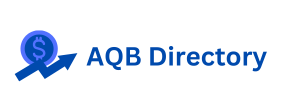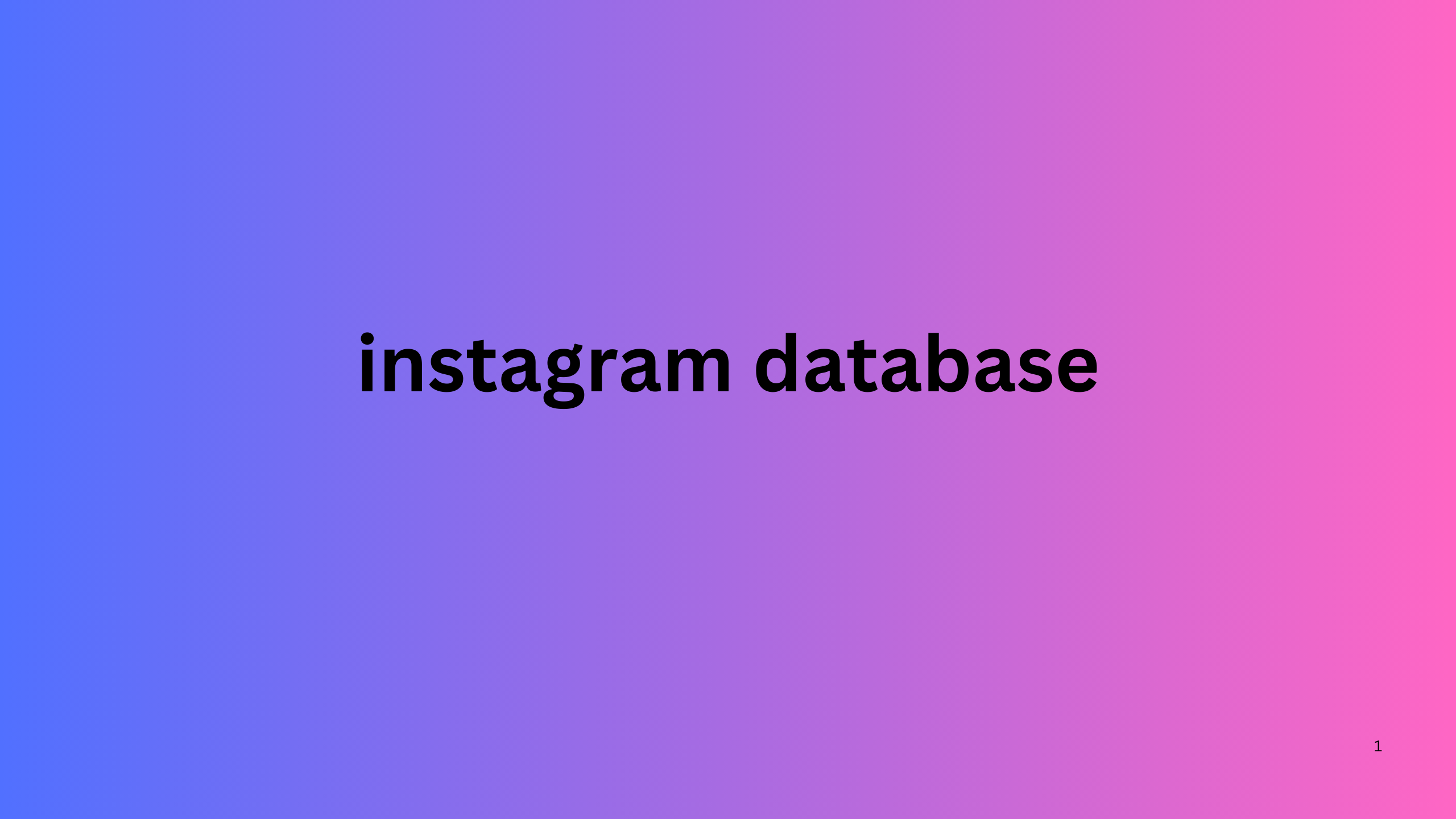In today’s competitive business environment, cost-effectiveness is critical for successful marketing campaigns. Businesses need to maximize their returns while minimizing expenses, which can be achieved by leveraging special databases. These databases store valuable customer information, enabling data-driven strategies that reduce waste and boost efficiency.
This article explores how special databases can drive cost-effective marketing campaigns by enhancing targeting, enabling personalization cost-effective marketing campaigns, and optimizing resource allocation.
Why Cost-Effectiveness Matters in Marketing
1. Maximizing ROI
Cost-effective marketing ensures that every dollar spent yields measurable results instagram database, improving your overall return on investment (ROI).
2. Reducing Wastage
Targeting the right audience minimizes wasted efforts on individuals unlikely to convert, saving resources.
3. Sustaining Long-Term Growth
Efficient campaigns ensure that businesses remain competitive and profitable over time, even with limited budgets.
How Special Databases Enable Cost-Effective Campaigns
1. Precise Audience Targeting
Special databases store detailed information about customer demographics cost-effective marketing campaigns, preferences, and behaviors, allowing marketers to:
- Focus efforts on high-potential leads.
- Exclude irrelevant audiences.
- Create tailored campaigns for specific customer segments.
For example, a real estate company can use its database to target prospects searching for homes in specific neighborhoods, ensuring their ads reach only those most likely to convert.
2. Enabling Personalization
Personalized marketing delivers better results by addressing the unique needs of individual customers. With a well-structured database, businesses can:
- Send tailored email campaigns based on purchase history.
- Offer discounts or promotions on products relevant to customer interests.
- Display dynamic website content aligned with user behavior.
Example: A clothing retailer might use its database to recommend seasonal apparel to customers in colder regions, enhancing engagement while avoiding irrelevant promotions.
3. Optimizing Resource Allocation
A robust database provides insights into the performance of past campaigns, enabling businesses to allocate resources more effectively by:
- Identifying channels with the highest ROI.
- Adjusting budgets based on campaign success rates.
- Focusing on customer segments with the highest lifetime value.
Example: A SaaS company can analyze its database to determine which customer segments generate the most revenue and focus its efforts on retaining them.
4. Automating Campaign Execution
Special databases integrate seamlessly with marketing automation tools cost-effective marketing campaigns buy email lists to reach your ideal customers quickly, reducing manual work and ensuring consistent messaging. Automation helps businesses:
- Schedule campaigns for optimal times.
- Trigger personalized communications based on customer actions.
- Reduce the cost of managing multiple campaigns simultaneously.
Example: An e-commerce brand might automate abandoned cart emails using its database, encouraging conversions without additional manual input.
Benefits of Using Special Databases for Cost-Effective Marketing
1. Improved Conversion Rates
Targeting the right audience with personalized content ensures higher engagement and better conversion rates.
2. Reduced Customer Acquisition Costs (CAC)
Focusing on high-value leads lowers the cost of acquiring new customers.
3. Enhanced Customer Retention
Special databases help create loyalty programs and retention strategies, reducing the need for costly acquisition campaigns.
Best Practices for Managing Special Databases
1. Maintain Data Quality
Ensure your database is accurate and up-to-date by regularly:
- Removing duplicate or inactive records.
- Validating email addresses and contact information.
- Encouraging customers to update their details.
2. Protect Customer Data
Data security is essential to maintaining customer trust and complying with regulations like GDPR and CCPA. Use encryption cost-effective marketing campaigns, limit access, and conduct regular audits.
3. Continuously Update Insights
As customer preferences evolve cost-effective marketing campaigns, regularly analyze your database to keep your campaigns relevant and effective.
Real-Life Examples of Cost-Effective Marketing Using Special Databases
1. Boosting Ad Efficiency
A tech company used its database to identify high-converting keywords for Google Ads. By targeting specific phrases cost-effective marketing campaigns chine directory, they reduced their cost-per-click (CPC) by 20% while maintaining conversion rates.
2. Increasing Email Engagement
An online bookstore segmented its email list by genre preferences. Personalized recommendations increased click-through rates by 35%, driving more sales with fewer emails.
3. Improving Customer Retention
A subscription box service analyzed customer churn data and introduced targeted retention offers. This strategy reduced churn rates by 15% cost-effective marketing campaigns, saving costs associated with acquiring new customers.


